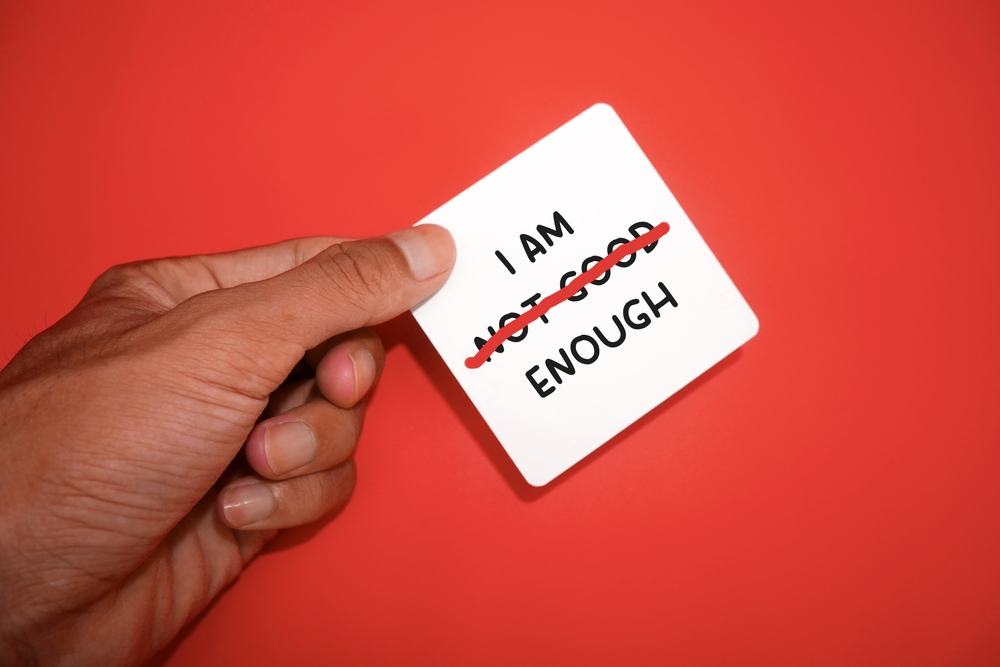Modern American society puts heavy emphasis on being thin, fit, and attractive. Most people have considered going on a diet at some point in their lives. But when compulsive dieting is motivated by intrusive thoughts about weight, body image, or feelings of guilt or shame, it may be a sign of an eating disorder. In those cases, going on a diet could be unhealthy for your mind and your body.
Compulsive Dieting and Anorexia Nervosa
Anorexia nervosa is one of the three most common forms of eating disorders. Especially common in women, it causes people to experience intense fear at the idea of gaining weight, or becoming fat. When experiencing restricting-type anorexia, a person may try to lose weight by dieting, fasting, starving themselves, or exercising excessively. (In binge-eating/purging type anorexia, a person may eat normally or binge eat, but then force themselves to vomit or eliminate the food eaten).
Get Help Managing Compulsive Dieting and Eating Disorders
Talk to a psychotherapist today about whether your dieting habit is a sign of an eating disorder.
While anorexia is a mental health disorder, this type of compulsive dieting and restrictive eating can severely impact a person’s physical health. The consequences of severe weight loss can cause:
- Dizziness and fainting
- Depression, irritability, anxiety, and poor concentration
- Fatigue
- Digestive issues
- Cold intolerance
- Muscle weakness and wasting
- Brittle hair and nails
- Menstrual cycle issues
- Malnutrition
- Death (in severe cases)
Anorexia most often emerges among adolescent girls. However, restrictive dieting and compulsive thoughts of weight loss often go unrecognized and untreated well into adulthood. Often those suffering from anorexia may say that they are trying to gain weight, or eat healthily, but then obsessive thoughts will push them back toward compulsive dieting and unhealthy caloric restriction.
Frequent Dieting May be a Sign of Compulsive Overeating
For some, compulsive dieting is an attempt to assert control over compulsive behavior related to eating. Compulsive overeating is often used to soothe anxiety or to quiet obsessive thoughts about low self-worth, body image concerns, and other anxious thoughts. Among other symptoms, frequently starting and stopping diets could be a sign that you are struggling with compulsive overeating as an eating disorder.
Similarly, dieting can be harmful if you suffer from bulimia nervosa, an eating disorder centered on binge eating large amounts of food followed by purging behaviors to prevent weight gain. For people with bulimia, compulsive dieting, including eating only “safe” low-calorie foods will alternate with periods of binge eating. Just like compulsive overeating, bulimia may cause a person to frequently start and stop diets.
Is There a Treatment for Compulsive Dieting?
Healthy eating habits are important. Sometimes you need to set caloric limits to avoid overeating and health problems related to obesity. However, if you are struggling with binge eating, compulsive overeating, or other eating disorders, it is important to stay away from restrictive diets. The limitations these diets place on you can easily leave you feeling deprived, and hungry, which can trigger another round of binge eating. If you are anorexic, dieting may be an expression of your mental illness, and could lead to physical harm.
Instead, people with eating disorders should work closely with a psychotherapist and a nutrition to make sure they are receiving proper nutrition while also addressing the compulsive thoughts that lead to restrictive dieting. Because eating disorders affect both body and mind, it is important to coordinate treatments with your primary care physician, and to work from a shared treatment plan that includes a nutritional plan as well as psychotherapy and medical evaluations. Your family, spouse, or loved ones can also help you monitor your eating habits, remind you to eat regularly, and negate obsessive thoughts and body dysmorphia.
Treating any eating disorder, including compulsive dieting, takes a team effort, and an approach that addresses both your mental health and physical needs. If you are concerned about your dieting, you should talk to a psychotherapist or your doctor. Through treatment, you can take control of your body image and find your way to a healthy weight.
David Stanislaw is a psychotherapist with over 30 years of experience. He helps adults, teens, and children with compulsive dieting, eating disorders and other psychological issues. Contact David Stanislaw to get help today.


 Are Childhood Family Patterns Affecting Your Marriage?
Are Childhood Family Patterns Affecting Your Marriage? 7 Ways Therapy Can Make You a Better Parent
7 Ways Therapy Can Make You a Better Parent Are Self-Destructive Behaviors Hurting You at Work?
Are Self-Destructive Behaviors Hurting You at Work?